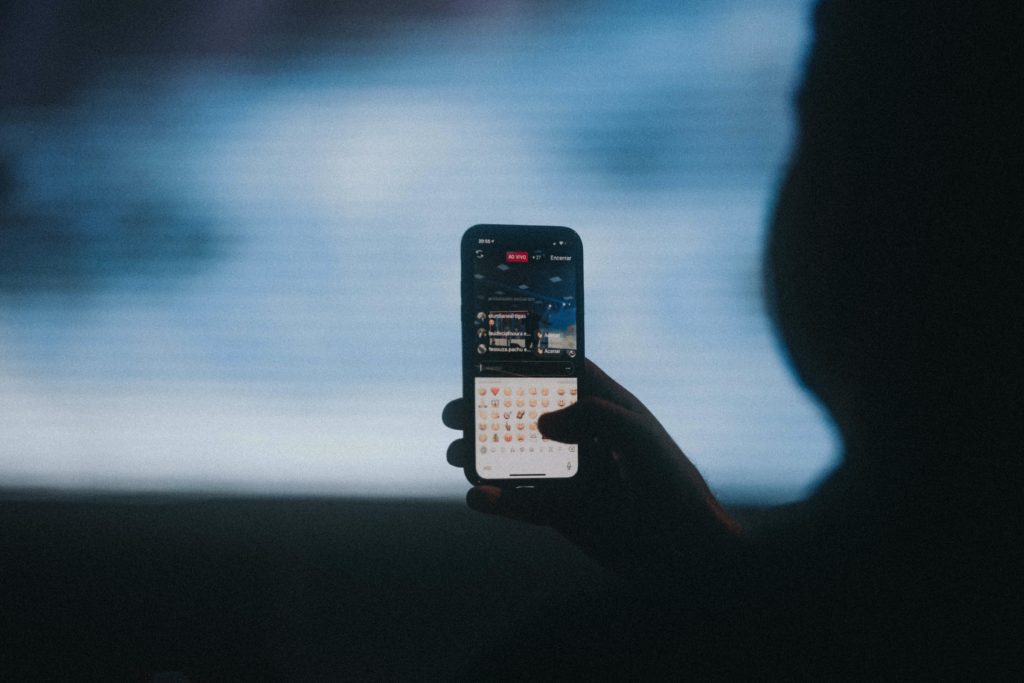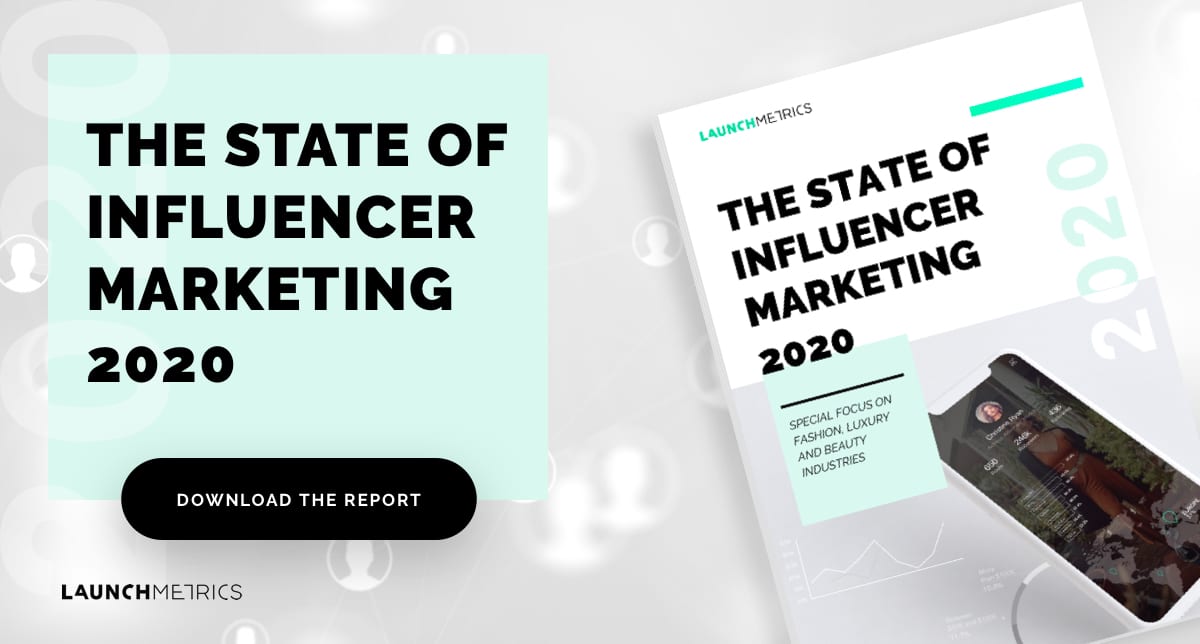Covid-19 has forced almost the entire global population to stay home for the past few months, making most people embrace digital in order to keep up a constant stream of communication with friends and family and stay entertained. TikTok, in particular, saw a 23% rise in average viewing time between January and March, according to Sensor Tower, and 56% of brands plan to include this platform in their future influencer marketing strategies for 2020. It's inevitable that influencer marketing will change as a result of Covid-19, not only because of campaign availability but also because of how audiences want to receive communications. Demands are shifting, and both brands and influencers need to output the right kind of content, in order to strive in a post-Covid climate.
How will Influencer Marketing Change after Covid-19?
Brand activations will incorporate storytelling
Rather than traditional product marketing, brands will work more closely with influencers to determine how their partnership can tell a story to an influencer's audience. A product now has to fit into a customer's daily life in a realistic way, and so this too needs to be shown in the way influencers market products. When the pandemic first emerged, many influencers were accused of being insensitive by marketing products whilst people were quarantined at home or were affected by Covid. Influencers that saw more success, were those that confronted the situation head-on and showed their followers how they were adapting to life at home, and how different brands play into this. We have already seen a shift in the way that content is produced, as brands are moving to create online challenges, rather than activating product send-outs, or working with influencers to market products differently, such as Pretty Little Thing's #StayHomeWithPLT series.
Now, consumers want to see beyond an image, and demand has increased for content that tells a story. Post-Covid, this trend is likely to continue, as users will interact and engage more with content that resonates with them, and brings greater reliability between influencer, audience, and brand.
Live content will become more popular
When Instagram first released its feature, Instagram Live, the uptake wasn't that quick. Until recently, it was unlikely to see influencers or brands going live that often, but now, it seems like an influx of live segments is filling the feeds of fashion, luxury, and beauty-related channels. With no option but to stay home, the likes of Gucci, Oysho, and Business of Fashion have gone digital by bringing workout classes, DJ sets, cooking workshops, and interviews to their live content schedules. This has allowed brands not only to add value to audiences who are at home with more time on their hands but also brings an added element of authenticity to social media. This is because, during live chats, there is no room for editing, changes, or staging shots - the content that is shown is more raw and true, which is appealing to the watchers tuning in. It's likely that in the future of influencer marketing for 2020, this trend will continue as they work to not only bring awareness and share value but also communicate in a more natural way.
This trend is however not a new one. It is one of the major ways that KOLs in Asia such as Yvonne Charlotte Ching sell products - by participating in live streams with partner brands, that help sell out products in seconds.
Influencer marketing will become more 'bottom-up'
Brands right now are relying on influencers in order to communicate their message to consumers in a more natural way in order to retain relevance and meet their target audience online. Because of this, creators will hold more of an upper hand, and be able to govern the way their content partnerships take shape. As influencers want to produce content that engages and entertains their existing audiences in a shift away from product-led activations, the direction will land more significantly into the hands of the influencers. Previously, brands would provide a creative brief and direction, but this relationship is likely to change and evolve in a way that might be more balanced.
These are just some of the ways that Covid-19 will impact the influencer marketing industry, as it shifts back towards the reason it was so popular in the first place - a genuine, relatable connection between follower and creator. If you would like to see more predictions for the future of influencer marketing in 2020, download our recent report.

